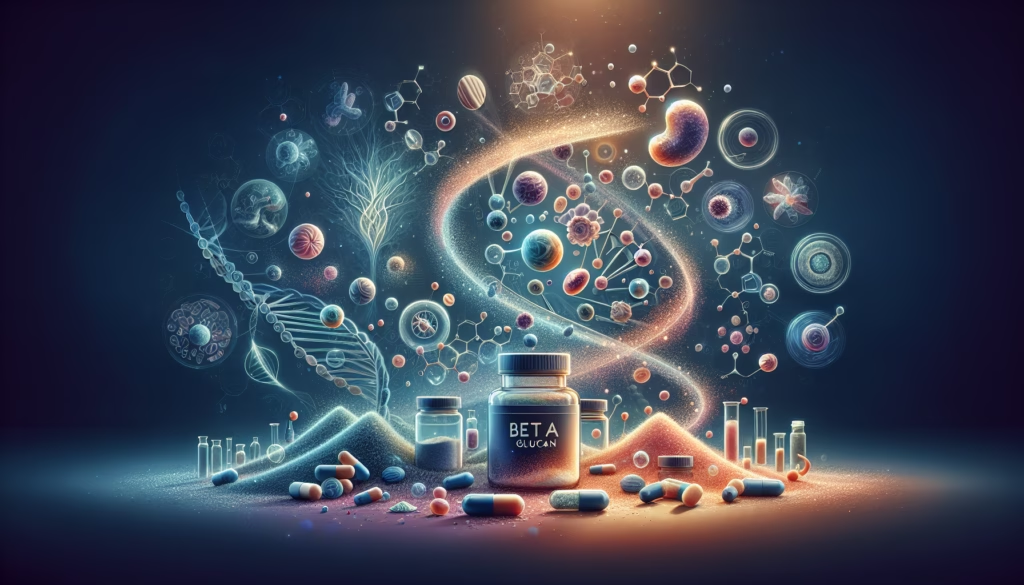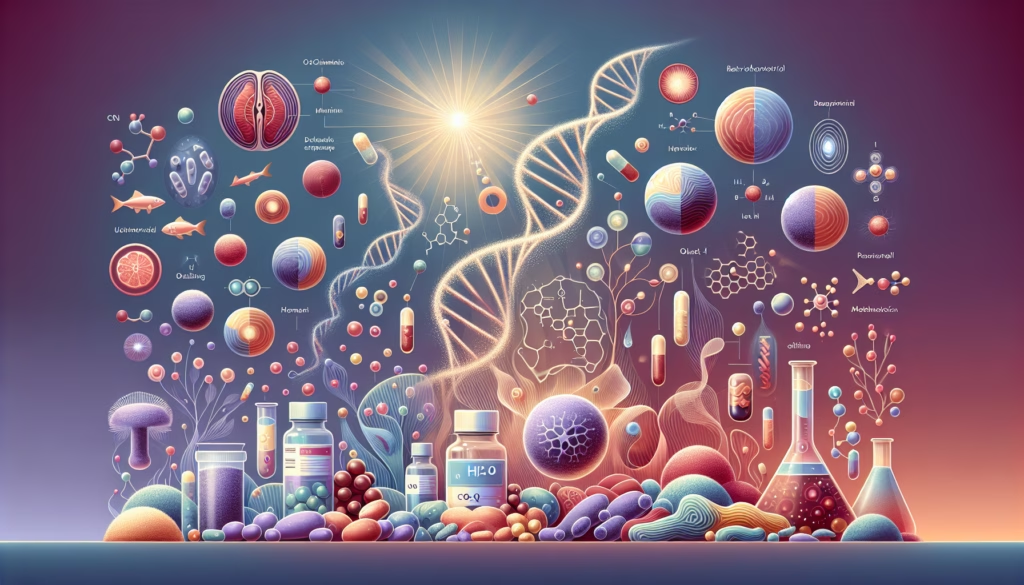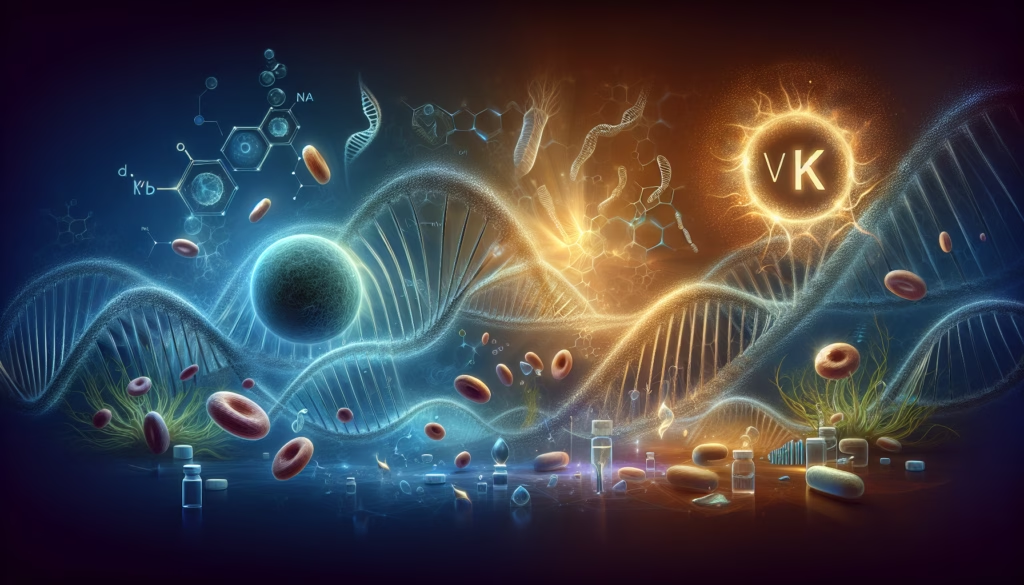
Beta Glucan
Discover the science-backed potential of beta glucan as an adjunct in cancer therapy. This post delves into the latest research
Click 
Astragalus (Astragalus membranaceus), a key herb in traditional Chinese medicine, has gained significant attention for its potential anti-cancer properties. Its primary bioactive components, particularly Astragalus polysaccharides (APS) and saponins, exhibit multi-faceted mechanisms that contribute to cancer prevention and treatment.
APS enhances the immune system’s ability to fight cancer by:
Activating macrophages and T cells: APS promotes the polarization of macrophages toward the M1 phenotype, which is associated with anti-tumour activity, while reducing M2 macrophages that support tumour growth12.
Boosting cytokine production: It increases levels of interleukins (e.g., IL-6, IL-12) and tumour necrosis factor-alpha (TNF-α), which are critical for immune-mediated tumour suppression16.
Reducing immunosuppression: APS downregulates PD-L1 expression, a key checkpoint protein that tumours exploit to evade immune detection, thereby enhancing T-cell-mediated tumour killing110.
APS promotes programmed cell death (apoptosis) and autophagy in cancer cells by:
Activating pathways such as p53, Bax/Bcl-2, and caspase cascades, which are crucial for apoptosis induction114.
Inhibiting the epithelial-mesenchymal transition (EMT) pathway, reducing cancer cell migration and invasion12.
Astragalus impacts the tumour microenvironment (TME) by:
Modulating immune cells within the TME to enhance anti-tumour immunity14.
Reducing levels of myeloid-derived suppressor cells (MDSCs), which are known to suppress immune responses in tumors1.
When combined with chemotherapy or radiotherapy, Astragalus-based treatments:
Enhance the efficacy of these therapies by increasing tumour sensitivity37.
Reduce side effects such as nausea, vomiting, and fatigue commonly associated with chemotherapy13.
Improve patient quality of life and adherence to treatment regimens5.
APS inhibits cancer metastasis by:
Suppressing tumour cell proliferation and invasion through pathways like NF-κB and mTOR signaling914.
Reducing vascular endothelial growth factor (VEGF) expression, which is crucial for tumour angiogenesis and metastasis1.
Numerous studies have demonstrated the effectiveness of Astragalus in various cancers:
Breast Cancer: APS enhances immune responses against breast cancer cells and reduces metastasis risk12.
Liver Cancer: It inhibits liver cancer growth by altering macrophage polarization and cytokine production1.
Cervical Cancer: Astragalus-containing herbal medicines improve tumour response rates when used alongside chemotherapy8.
Lung Cancer: APS reduces tumour proliferation through NF-κB inhibition and boosts immune function in lung cancer models9.
Astragalus offers a promising complementary approach in cancer therapy due to its multi-targeted mechanisms—ranging from immune modulation to apoptosis induction. Its ability to synergise with conventional treatments while reducing side effects makes it a valuable adjunct in integrative oncology.
Further research into its molecular pathways and clinical applications will likely expand its role in cancer care.
Commonly studied doses in clinical trials range from 250 mg to 25 g per day, though these should not be considered general recommendations without professional guidance.
Breast Cancer, Lung Cancer
Astragalus is generally considered safe for most people when used appropriately. However, it can cause some side effects and interact with certain medications. Here are the potential side effects and interactions:
Mild allergic reactions: These include rashes, itching, stomach discomfort, and nasal symptoms like a runny nose146.
Gastrointestinal issues: Nausea and diarrhoea have been reported, though these are uncommon14.
Other symptoms: Headache and fatigue are occasionally noted4.
Irregular heartbeat: This can occur with intravenous administration and should only be done under medical supervision1.
Interference with medications: Astragalus may reduce the effectiveness of immunosuppressants (e.g., cyclosporine, tacrolimus) and could interact with hormonal treatments, anticoagulants, blood pressure medications, lithium, and diuretics45.
Pregnancy and breastfeeding: There is insufficient data on safety during pregnancy or breastfeeding, and some animal studies suggest potential toxicity58.
Autoimmune diseases: Astragalus may exacerbate autoimmune conditions by enhancing immune activity56.
Hormone-sensitive cancers: Due to its estrogenic effects, astragalus might interfere with treatments targeting hormone-sensitive cancers34.
Overall, while astragalus is generally well-tolerated, caution should be exercised when using it, especially in combination with other medications or in individuals with specific health conditions.
Several combination therapies involving astragalus have been tested and shown promising results in cancer treatment.
Here are some examples:
Astragalus Polysaccharides (APS) with Chemotherapy:
Pancreatic Cancer: APS combined with gemcitabine and S-1 (GS) regimen improved short-term efficacy and long-term survival in pancreatic cancer patients. It enhanced immune function, reduced chemotherapy-induced side effects, and prolonged median survival time2.
Platinum-Based Chemotherapy: Astragalus-based herbal combinations increased the effectiveness of platinum-based chemotherapy and reduced side effects in various cancers8.
Astragalus with Immunotherapy:
APS with Immune Checkpoint Inhibitors: APS can enhance cancer immunotherapy by modulating the tumour immune microenvironment and improving treatment outcomes when combined with immune checkpoint inhibitors5.
Botanical Combinations:
Astragalus membranaceus and Vaccaria hispanica (AV): This combination showed strong synergistic anti-proliferative and killing effects on cancer cells by interfering with cell cycle progression3.
Astragalus membranaceus and Angelica sinensis: This combination inhibited lung cancer progression and cachexia through immunomodulation, reducing tumour growth and inflammation6.
Other Combinations:
These studies highlight the potential of astragalus in combination therapies for enhancing cancer treatment efficacy and reducing side effects. However, further clinical trials are needed to fully validate these findings.
US National Library of Medicine research on Astragalus
Europe PMC research on Astragalus
Pubmed research on Astragalus
Taking astragalus can have a positive impact on quality of life, particularly for individuals undergoing cancer treatment. Here are some key benefits:
Reduced Cancer-Related Fatigue: Astragalus has been associated with alleviating cancer-related fatigue, which is a common side effect of chemotherapy and radiation therapy14.
Improved Tolerability of Chemotherapy: Astragalus can reduce chemotherapy-induced side effects such as nausea, vomiting, and gastrointestinal toxicity, making treatment more tolerable12.
Enhanced Overall Quality of Life: Studies have shown that astragalus, especially when used in combination with conventional treatments, can improve overall quality of life for patients with various cancers, including advanced non-small cell lung cancer and metastatic diseases45.
Protection Against Radiation-Induced Toxicity: Astragalus-based treatments have been found to reduce radiation-induced esophagitis and pneumonitis, further enhancing quality of life during radiation therapy2.
Better Performance Status: Astragalus-containing herbal mixtures have been associated with improved performance status in patients with oesophageal and liver cancers, indicating better physical function and ability to perform daily activities2.
Overall, astragalus can contribute to improved quality of life by mitigating treatment side effects and enhancing the effectiveness of cancer therapies.
However, more robust clinical trials are needed to confirm these benefits across different patient populations.
We’ve done our best to include as much information as possible for this supplement.
If you have any other questions, please send us a message or join our Skool Group and ask our knowledgeable and friendly community.
Astragalus is widely accessible in the UK through health food stores, online retailers, and some pharmacies, classified as a food supplement requiring no prescription.
Demographic data for Astragalus use in cancer treatment is limited.
Research into resistance mechanisms related to astragalus, particularly its polysaccharides (APS), is ongoing. While astragalus is not typically associated with developing resistance in the same way as conventional chemotherapy drugs, its role in enhancing chemotherapy sensitivity and reducing resistance is being explored:
Enhancing Chemotherapy Sensitivity: Studies have shown that APS can enhance the sensitivity of cancer cells to chemotherapy drugs like cisplatin by modulating pathways such as the PI3K/AKT axis and mitochondrial apoptosis pathways4. This suggests that astragalus may help overcome resistance to certain chemotherapeutic agents.
Reversing Drug Resistance: Some research indicates that APS can reverse acquired resistance to drugs like cisplatin in melanoma and lung cancer cells by inhibiting pathways involved in drug resistance, such as the PD-L1/PI3K/AKT axis4.
Synergistic Effects: APS has been found to exert synergistic anti-tumor effects when combined with other drugs, such as adriamycin (ADM), by enhancing cytokine expression and downregulating P-glycoprotein (P-gp) expression, which is associated with multidrug resistance5.
While there is evidence that astragalus can enhance chemotherapy sensitivity and potentially reverse drug resistance, more comprehensive studies are needed to fully understand its mechanisms and to explore whether long-term use could lead to resistance or other unforeseen effects.
Numerous preclinical studies have examined Astragalus’s anti-cancer properties using in vitro and in vivo models, highlighting its effects on cell proliferation and immune modulation.
See ClinicalTrials.gov for the latest trials on Astragalus
Research on genetic markers predicting response to Astragalus treatment remains limited, necessitating future studies to identify factors influencing its efficacy.

Discover the science-backed potential of beta glucan as an adjunct in cancer therapy. This post delves into the latest research

Explore the emerging world of hydrogen gas (H₂), also known as Brown Gas, and its remarkable potential as an adjunct

Explore the latest scientific insights into vitamin K2 and its promising role in cancer therapy. In this comprehensive blog post,
Apoptosis, or programmed cell death, is a natural process where cells self-destruct when they are damaged or no longer needed. This is crucial for maintaining healthy tissues and preventing diseases like cancer.
Drugs and supplements that induce apoptosis help eliminate cancerous cells by triggering this self-destruct mechanism, ensuring that harmful cells are removed without damaging surrounding healthy tissue.
Understanding and harnessing apoptosis is vital in the fight against cancer, as it targets the root cause of the disease at the cellular level.
Cell proliferation is the process by which cells grow and divide to produce more cells. While this is essential for growth and healing, uncontrolled cell proliferation can lead to cancer.
Drugs and supplements that inhibit cell proliferation help prevent the rapid multiplication of cancerous cells, slowing down or stopping the progression of the disease.
By targeting the mechanisms that drive cell division, these treatments play a vital role in controlling and potentially eradicating cancer.
Cancer cells often hijack specific biological pathways to grow and spread. Drugs and supplements that target these pathways can disrupt the cancer cell’s ability to survive and multiply.
By focusing on the unique mechanisms that cancer cells use, these treatments can be more effective and cause fewer side effects compared to traditional therapies.
Targeting specific pathways is a key strategy in precision medicine, offering a tailored approach to combat cancer at its core.
Angiogenesis is the process by which new blood vessels form, supplying nutrients and oxygen to tissues. Cancer cells exploit this process to fuel their growth and spread.
Drugs and supplements that inhibit angiogenesis can effectively starve cancer cells by blocking the formation of these new blood vessels.
By cutting off the supply lines that tumors rely on, angiogenesis inhibitors play a crucial role in controlling and potentially shrinking cancerous growths.
Immunotherapy harnesses the power of the body’s immune system to combat cancer. By boosting or restoring the immune system’s natural ability to detect and destroy cancer cells, immunotherapy offers a targeted and effective approach to treatment.
Drugs and supplements that support immunotherapy can enhance the immune response, making it more efficient at identifying and attacking cancer cells.
This innovative approach not only helps in treating cancer but also reduces the risk of recurrence, providing a powerful tool in the fight against this disease.
Inflammation is the body’s natural response to injury or infection, but chronic inflammation can contribute to the development and progression of cancer.
Drugs and supplements with anti-inflammatory properties help reduce inflammation, thereby lowering the risk of cancer and other chronic diseases.
By targeting the inflammatory processes, these treatments can help maintain a healthier cellular environment and prevent the conditions that allow cancer to thrive.